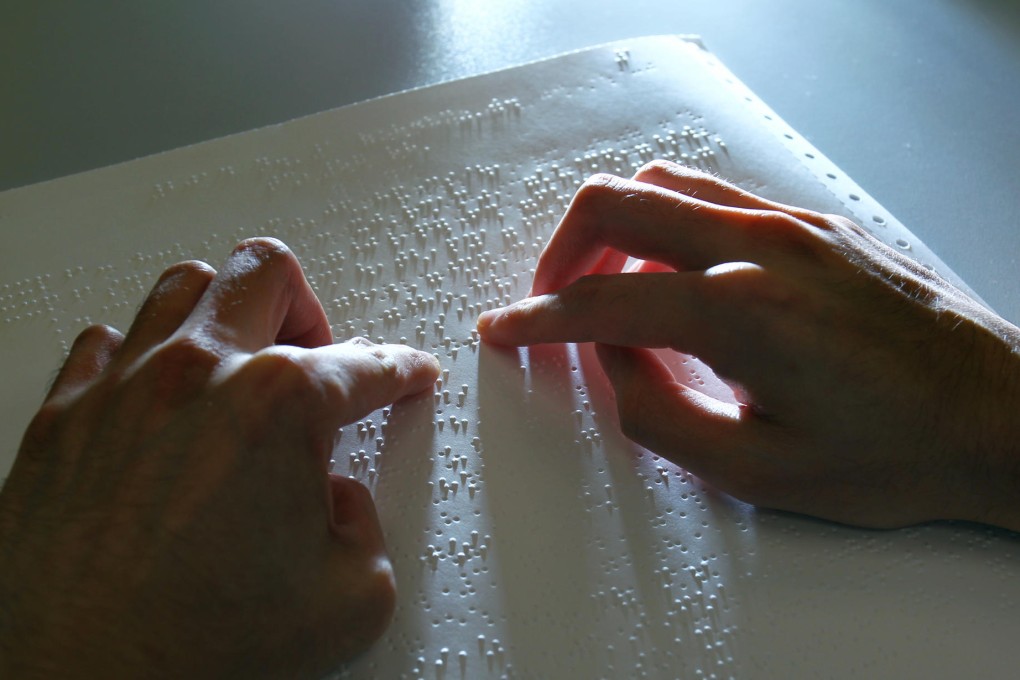Visually impaired university students facing problems of acceptance and support, says survey
Visually impaired students face additional obstacles in some universities because of an unwillingness to accept them in class or provide suitable teaching materials, a survey has found.

Visually impaired students face additional obstacles in some universities because of an unwillingness to accept them in class or provide suitable teaching materials, a survey has found.
The Hong Kong Blind Union, a self-help group for the visually impaired, also said in its survey that an inflexible examination system was hampering visually impaired students' chances in society.
One student, speaking as the survey was released yesterday, said she had been barred from taking a language course because the lecturer "couldn't handle a blind student in class".
"They wouldn't even give me sample class materials when I asked for them to see if I could handle the class," the second-year student at a private tertiary institution said.
"It felt bad and I felt it was unfair," she said, refusing to be identified for fear of being recognised by her university.
Based on government figures, the union estimates that about 100 visually impaired students study at tertiary institutions in each academic year, with 40 to 60 of them in degree or associate degree programmes.
Almost half of the 38 students interviewed for the study said universities did not provide them with "barrier-free" materials that could be read by a Braille device or a synthesised-voice notetaker.